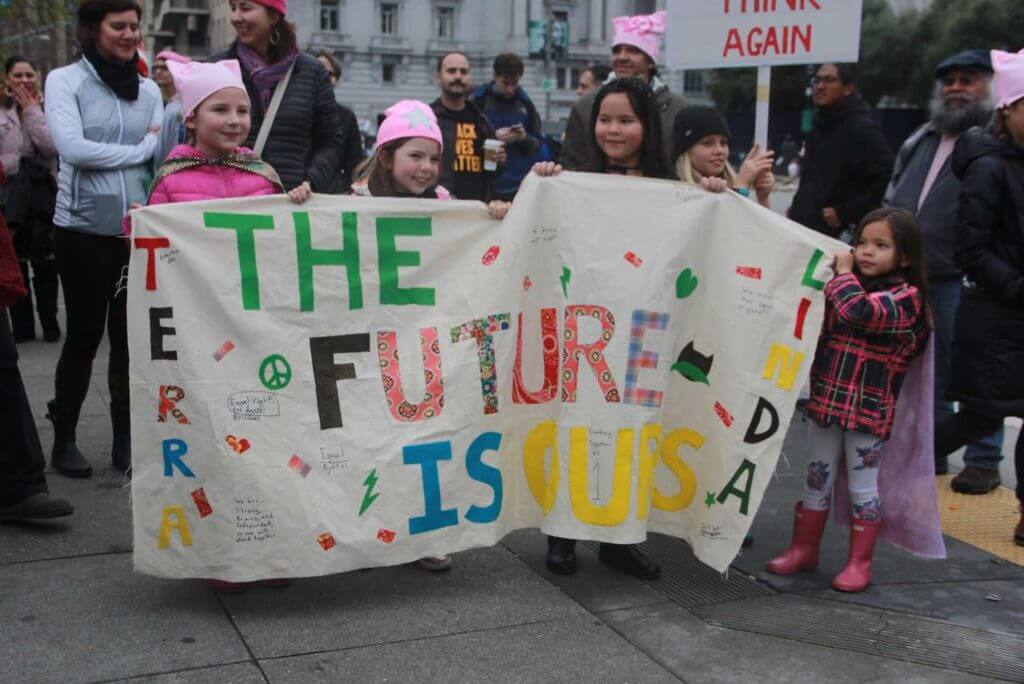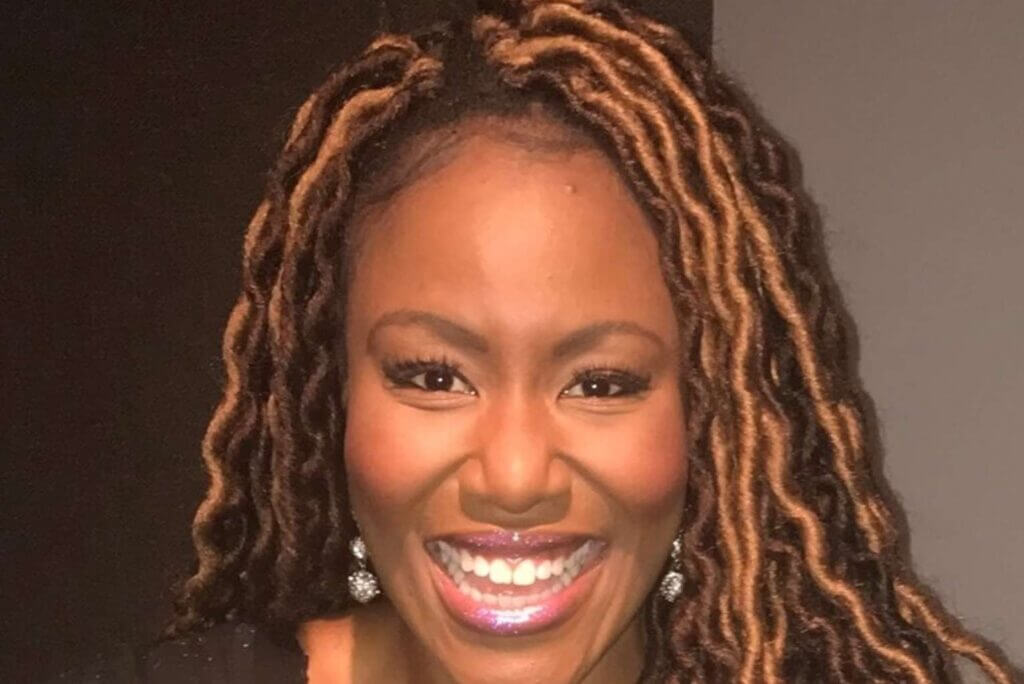The United States is in a cultural crisis. There are gaping fissures between the rich and poor, growing tensions between races, disunity among faith groups, increasing resentment between genders and a vast and expanding gap between liberals and conservatives. Generation, gender, socioeconomics, ethnicity, faith and politics massively divide the American population.
And the Christian community has not been immune. Just look at the current election cycle. Candidates like Donald Trump have fiercely divided faith “tribes,” especially evangelicals. In recent research on the presidential race, Barna found that the five unique personal faith segments in America—evangelicals, non-evangelical born-again Christians, notional Christians, people associated with non-Christian faiths, and religious skeptics—hold substantially different attitudes and candidate preferences, causing deep tensions and divides.
This splintering and polarization of American culture has made it more difficult than ever to have a good conversation. In research conducted for David Kinnaman’s new book Good Faith, Barna discovered just how difficult it is for most people to reach across these cultural divides. Most Americans indicate that they think it would be difficult to have a natural and normal conversation with minority groups who are different than them. As shown in the table below, a majority of Americans would struggle to have a conversation with a Muslim (73 percent), a Mormon (60 percent), an atheist (56 percent), an evangelical (55 percent), or someone from the LGBT community (52 percent).
Evangelicals seem to have a particularly difficult time talking to those outside their group. They report higher tensions than any other group when it comes to having conversations with those who are different from them. For instance, almost 9 in 10 evangelicals (87 percent) believe it would be difficult to have a natural and normal conversation with a member of the LBGT community, but only 6 in 10 in the LGBT community (58 percent) say it would be difficult to have a natural and normal conversation with an evangelical.
This is consistent across the board. Evangelicals consistently report higher levels of difficulty toward other groups than those groups report toward them. Nearly 9 in 10 evangelicals (87 percent) think it would be difficult to have a conversation with a Muslim, but only two-thirds of those with other faiths (66 percent) report difficulty in conversing with evangelicals. Similarly, when it comes to speaking to atheists, 85 percent of evangelicals think it would be difficult, but again only two-thirds of atheists, agnostics, or those who do not have any faith (66 percent) say they would have a hard time talking with evangelicals.
Also, and not surprisingly, most groups tend to have more internal than external harmony. For instance, almost 3 in 10 evangelicals (28 percent) think it would be difficult to have a conversation with another evangelical. That’s a comparatively low number—especially when 87 percent of evangelicals think it would be difficult to have a conversation with a Muslim—but even 3 in 10 is high, and points to signs of growing tensions even within groups. This goes beyond evangelicals though. Four in 10 LGBT adults (39 percent) think it would be difficult to have a conversation with another member of the LGBT community.
Barna’s research also revealed that social media has changed our capacity for healthy, effective, good conversations about our differences. According to the data, most people believe these digital tools have made meaningful dialogue and deep connection more difficult. In fact, 61 percent of adults say they believe social media has made people less social, less capable of deep friendships and strong connections. Furthermore, Americans are twice as likely today to say they are lonely compared to 10 years ago. It would appear that social media doesn’t always make us more social.
What the Research Means
“This splintering and polarization of American culture has made it more difficult than ever to have a good conversation, especially about faith,” says David Kinnaman, president of Barna Group and the lead designer and analysis on the study. “Even when two people agree, honest interaction can seem elusive. Try to talk about things like gay marriage—or anything remotely controversial—with someone you disagree with and the temperature rises a few degrees. But being friends across differences is hard, and cultivating good conversations is the rocky, up-hill climb that leads to peace in a conflict-ridden culture.
“In order to have meaningful conversations, we must first realize that it’s not enough to be nice,” continues Kinnaman. “Though important, being winsome often means leaving some of the more inevitable conflict at the door, which limits meaningful dialogue. It also causes an uncomfortably large segment of Christians to agree with people around them rather than experience even the mildest conflict. We must embrace the hard edges of dialogue, extending kindness and hospitality, but doing so in the face of inevitable, but healthy and constructive, conflict.
“Also, social media, for all the remarkable benefits of digital tools like Facebook, Twitter, Snapchat and Instagram, can make connecting across these gaps more difficult, not less,” concludes Kinnaman “In spite of the truly wonderful gifts of the digital revolution, social media at its worst can magnify our differences, making it even harder to have conversations that matter. For one thing, it can make it more difficult to see other people for who they really are. For another, it helps us find the tiny cliques of people who are already convinced of the crazy things we believe. Social media makes it far too easy to self-select voices that always affirm and never challenge our assumptions and sacred cows. Plus, many of our sanest thinkers and leaders are choosing to stay out of the fray altogether. They’ve clued in that the most strident and extreme voices are liked, shared and retweeted—not the most reasonable ones.”
About the Research
The study on which these findings are based was conducted via online surveys from August 17 to August 21, 2015. A total of 1,000 interviews were conducted. The sample error is plus or minus 3.0 percentage points at the 95-percent confidence level. The completion rate was 66% percent.
Minimal statistical weighting was used to calibrate the sample to known population percentages in relation to demographic variables. The online study is derived from a probability panel, which means that respondents are recruited for inclusion in the research based on physical mailing addresses, not an opt-in online panel. Those randomly selected households without Internet access are provided an Internet-enabled device to complete surveys
“Evangelicals” are those who meet nine sets of criteria, including having made a personal commitment to Jesus Christ that is still important in their life today and believing that, when they die, they will go to heaven because they have confessed their sins and accepted Jesus Christ as their Savior. The seven other conditions for evangelicals include saying their faith is very important in their life today; believing they have a personal responsibility to share their religious beliefs about Christ with non-Christians; believing that Satan exists; believing that Jesus Christ lived a sinless life on earth; asserting that the Bible is accurate in all that it teaches; believing that eternal salvation is possible only through grace, not works; and describing God as the all-knowing, all-powerful, perfect deity who created the universe and still rules it today. Being classified as an evangelical is not dependent upon church attendance or the denominational affiliation of the church attended. Respondents were not asked to describe themselves as “evangelical.”
“Other faith” indicates respondents who self-identify with a religion other than Christianity.
“No faith” indicates respondents who self-identify as atheist or agnostic, or who are religiously unaffiliated.
“Practicing Christians” are self-identified Christians who have attended a church service in the past month and say their religious faith is very important in their life.
“LGBT” indicates respondents who self-identify as gay, lesbian, bisexual, or transgender.
See an error in this article?
To contact us or to submit an article






















